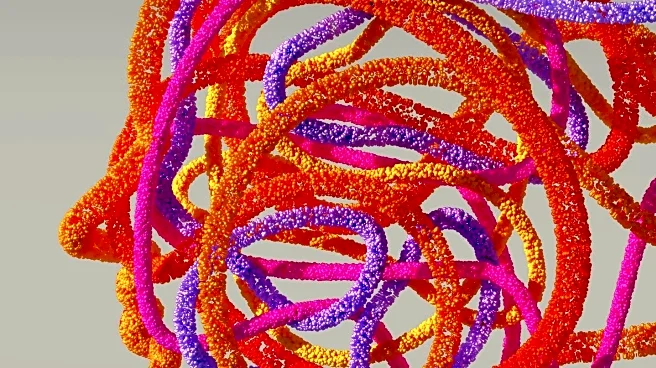What is the story about?
What's Happening?
A study has identified a pathogenic variant of the Src Homology 3 Domain-containing Adaptor Protein 3 (SASH3) gene in a male patient, leading to osteogenesis imperfecta, intellectual disability, and recurrent infections. The SASH3 deficiency is an X-linked immune disorder affecting immune cell signaling and T cell activation. The patient exhibited symptoms such as short stature, bone dysplasia, and speech delay, alongside recurrent bacterial infections. Genetic analysis revealed a hemizygous missense variant in the SASH3 gene, inherited from the mother. The study highlights the need for further research to understand the association between the SASH3 variant and the observed skeletal and neurological manifestations.
Why It's Important?
The identification of the SASH3 variant is crucial for understanding the genetic basis of certain immune disorders and their associated symptoms. This discovery could lead to improved diagnostic methods and targeted treatments for individuals with similar genetic profiles. The study underscores the importance of genetic research in uncovering the mechanisms behind complex disorders, potentially paving the way for personalized medicine approaches. Additionally, it highlights the role of genetic variants in influencing immune function and development, which could have broader implications for public health and genetic counseling.
Beyond the Headlines
The case study of the SASH3 variant raises ethical considerations regarding genetic testing and the management of hereditary disorders. It emphasizes the need for comprehensive genetic counseling to support affected individuals and their families. The findings also contribute to the growing body of knowledge on rare genetic disorders, which can inform future research and healthcare policies. Understanding the impact of genetic variants on immune function may lead to advancements in immunotherapy and the treatment of autoimmune diseases.















